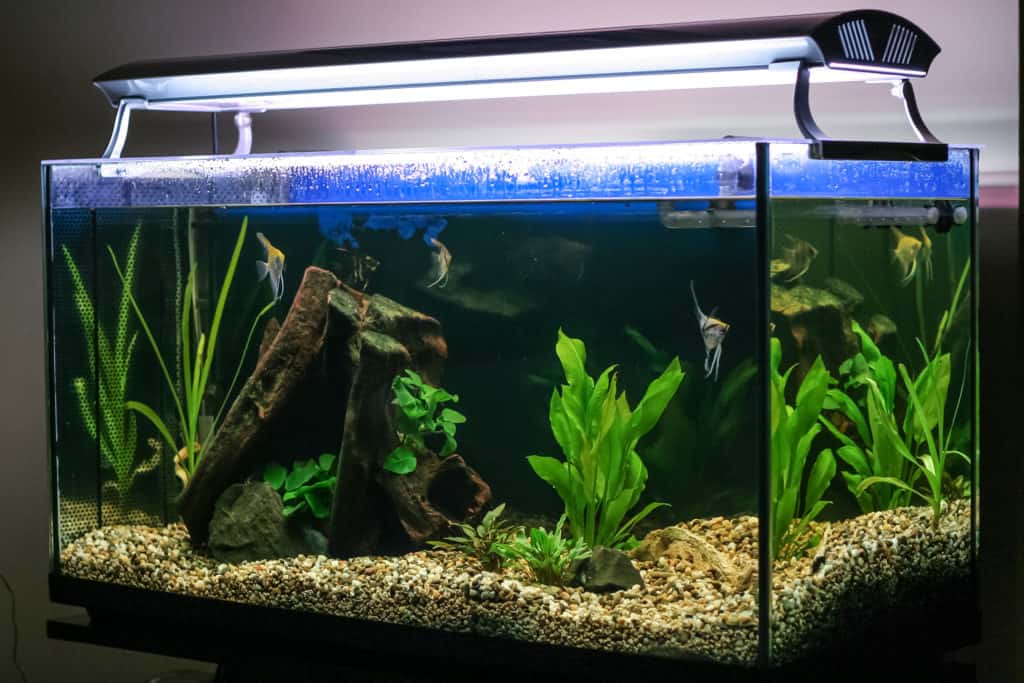Fish metabolism plays a critical role in our treatment protocols. Why do we have to wait on surgery and other treatments until the water warms up? Well, it’s one of the unusual things about aquatic veterinary medicine: our patients cannot regulate their internal body temperature.
Known as “ectotherms,” or “cold-blooded,” fish along with amphibians and invertebrates are unable to create and store internal metabolic heat. There are some fish species, such as the Opah, that are able to be considered “warm-blooded.” “Endotherms,” such as humans, dogs and horses, have to maintain a specific body temperature or everything goes haywire. How well a fish functions at various temperatures is dependent on their species and individual fitness.
Ectotherms rely on their external environment to provide heat for metabolism, including digestion, reproduction and immune function. For fish, this is their surrounding aqueous home. Stenothermal fishes, such as many tropical species, have a narrow range of temperatures they can tolerate. Eurythermal fishes, such as koi and goldfish, can tolerate a wide range of temperatures, and goes with why they do well in outdoor ponds. This is why outdoor ponds are fed depending on the water temperature. These fish can have trouble metabolizing some diets when the water is too cold. Sometimes, different protein sources are utilized that are easier for the fish to break down and digest. You’ll know your fish aren’t able to digest their diet when it comes out the back end looking exactly the same as going in the front!
When the water is too cool for a particular fish species, their immune function is severely hindered. This prevents antibiotics from working the way they are designed to since they require assistance from the immune system. It also prevents healing after surgery. In cold water, fish recovering from surgery cannot protect themselves against infection or break down enough energy to heal their incisions or skin surface properly.
Fish metabolism limits what treatments and therapies are available to us when the water is cold. Thankfully, when the fish start to slow down, all their bacteria, parasites and tumors slow down as well. Although not technically “hibernation,” fish can hang out in low power mode for months until the warmer spring temps. However, this can create more problems coming out of cooler temps when bacteria and parasites can run out ahead of the fish’s recovering immune system. This is why we recommend spring health checks since we commonly see more fish issues in the early warming months.


Pingback: How do fish control their body temperature - Taunt On Water
nice article bro thank you pls.